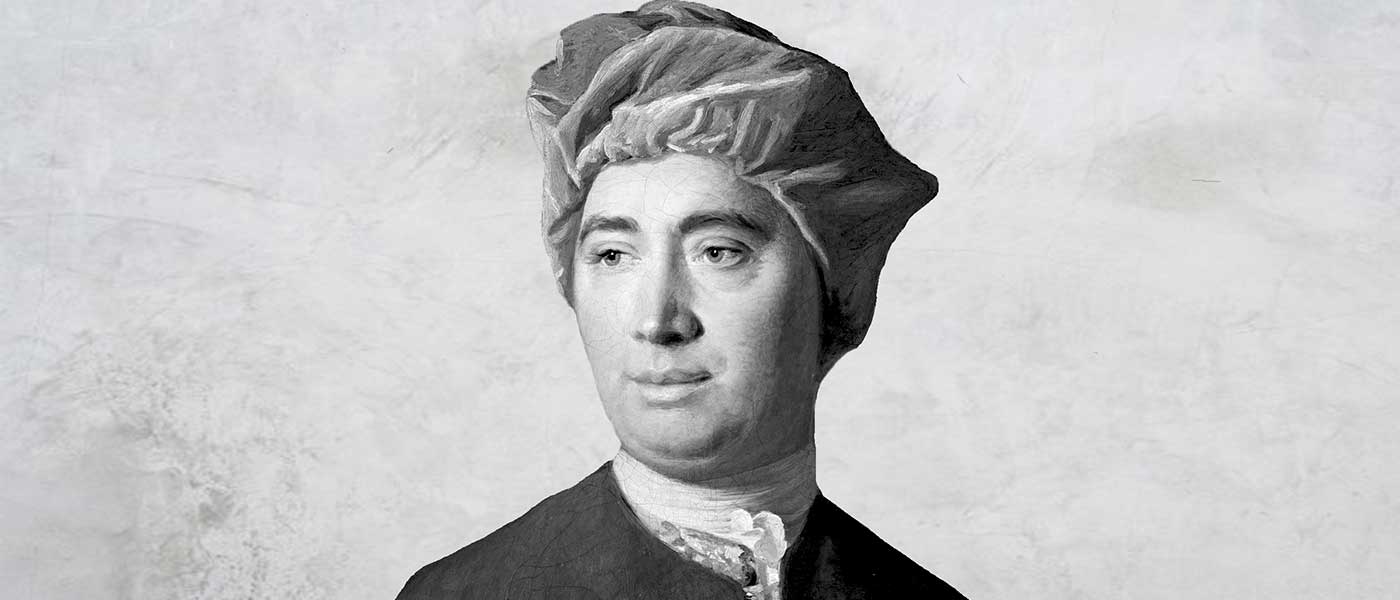
It’s sometimes said that if we were to find ourselves alone, stranded on a desert island, there’d be no need for us to think about ethics. It’s probably not true, strictly speaking, but it’s a useful way of demonstrating that an enormous amount of the work of ethics lies in puzzling out how we should make our way in a world jam-packed full of other people, all of whom are owed the same kind of respect we are.
As we become preoccupied with the busy, everydayness of our lives, we can often take the people around us for granted. In some cases, this mean we fail to be polite to them, or be grateful for the things they do to help us. In more extreme cases, we can objectify or commodify the people around us – treating them as though they were just tools for our own purposes, rather than people with rights and goals of their own. This runs against the moral imperative advocated by German philosopher Immanuel Kant to never treat people as a mere means to our own ends.
A common solution to this moral problem is to try to remind people of our ‘shared humanity’. We are advised to show empathy, imagine how other people might experience our words and actions and put ourselves in other people’s shoes. These strategies all boil down to one basic belief: if we can just realise how similar we are to the people around us, we’ll stop treating them poorly. For example, the Scottish philosopher David Hume believed sympathy was the foundation of ethics.
However, we should ask seriously how accessible other people’s minds are to us. Can a middle-aged white man really put himself in the shoes of a Rohingan woman being persecuted because of her faith, responsible for three children, none of whom have eaten in days? Perhaps not, and so it’s a problem if we argue that our moral concern needs to be grounded in a recognition of what we have in common. Because sometimes, we have nothing in common.
The Other is a term used to capture the ways other people are different from us. It’s also used to describe the people who we keep distant from us because we decide they’re not like us. The process of Othering occurs when we turn fellow humans into abstract entities we can distance ourselves from or treat as less-than-human.
We often think of our social relationships in terms of groups – we have an ‘in group’ and an ‘out group’. These groups are distinguished by who we identify ourselves with and who we identify ourselves against. Othering happens when we treat the members of the out group – the people we don’t identify with – as though they were less important than the members of our in group.
Philosopher Simone de Beauvoir thought “Otherness is a basic category of human thought”. As soon as we think about what something is, we think about the opposite – the Other. However, natural or not, Othering isn’t a neutral process – it tends to lead to the mistreatment of the people we decide are Other.
Once we identify the Other it becomes easier to justify treating them in ways we wouldn’t treat a fellow person. We can abuse, exploit or persecute them without feeling guilty. Othering was a factor in enabling the Holocaust, the slave trade and the Rwandan genocide. In each case, the victims’ humanity became invisible because people focussed on what made them different.
Given this, it would seem like the solution to Othering would be, as David Hume suggests, to focus on what we have in common rather than what sets us apart. But this isn’t a perfect solution either, because the process of distinguishing who we are from who we’re not is part of the way we develop our identity.
By focussing only on what is similar between us and other people, we lose an important tool in discovering our personal identity. Oftentimes it’s our differences that make us unique.
When we look at people as being ‘like us’, it can help us to relate but it can also be a little bit narcissistic. Instead of looking on the Other as someone unique, complicated and different, we treat them like a mirror. We try to find ourselves in other people instead of trying to find what defines them as them.
The philosopher Emmanuel Levinas thought process of engaging with the Other and acknowledging the differences between us and them was the basis of ethics. All our theories, concepts and ideas about what to do and how to live start by acknowledging that we must engage with other people who are different from us. Levinas believed that this otherness – which he called alterity – was something to celebrate. Rather than looking for commonality to ground our moral concern, we should recognise that another person is a universe of mystery to us. Something to fill us with awe, care and concern.
Encountering the Other is difficult. The Other challenges our way of doing things, demands our attention and holds us responsible for our actions. Their presence forces us to rethink our understanding of the way the world works. It’s much easier to overlook that difference by looking for similarities or make those differences seem evil than it is to genuinely engage with them. Yet this is exactly what Levinas wanted us to do.
In fact, Levinas wanted us to look the Other in the face. In doing so, we look upon the face of someone completely different from us. We also start to recognise our ethical responsibility toward them, which is a really simply one: don’t kill them.
Think of all the films and stories where someone is about to commit an act of murder until at the last minute they see the eyes of the person they’re going to kill. Suddenly, they can’t do it. One explanation for these changes of heart is that in looking into the Other’s face, these people realise their ethical responsibilities.
This philosophy of the Other is powerful because it encourages us to rethink our attitude toward difference. It acknowledges there are real and sometimes insurmountable differences between us but tells us that’s OK. Instead of getting caught up searching for what we have in common or stigmatising the things that set us apart, we should be open to learning from every individual we come across – no matter how much or how little of ourselves we see in them.
Ethics in your inbox.
Get the latest inspiration, intelligence, events & more.
By signing up you agree to our privacy policy
You might be interested in…
Opinion + Analysis
Society + Culture, Relationships
Discomfort isn’t dangerous, but avoiding it could be
Big thinker
Relationships
Big Thinker: David Hume
Opinion + Analysis
Relationships
Why we find conformity so despairing
Opinion + Analysis
Health + Wellbeing, Relationships




